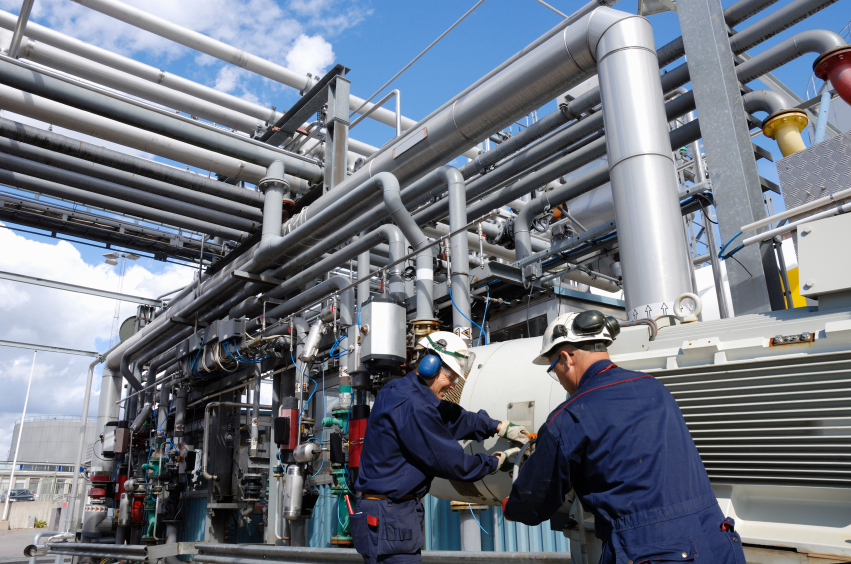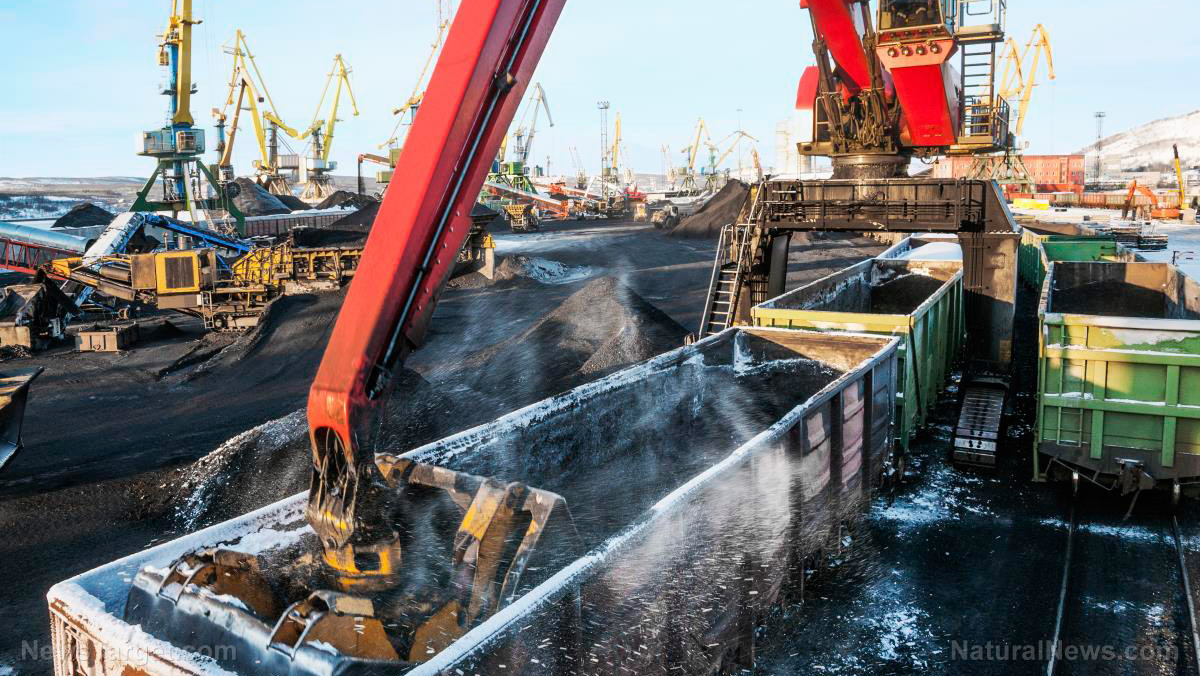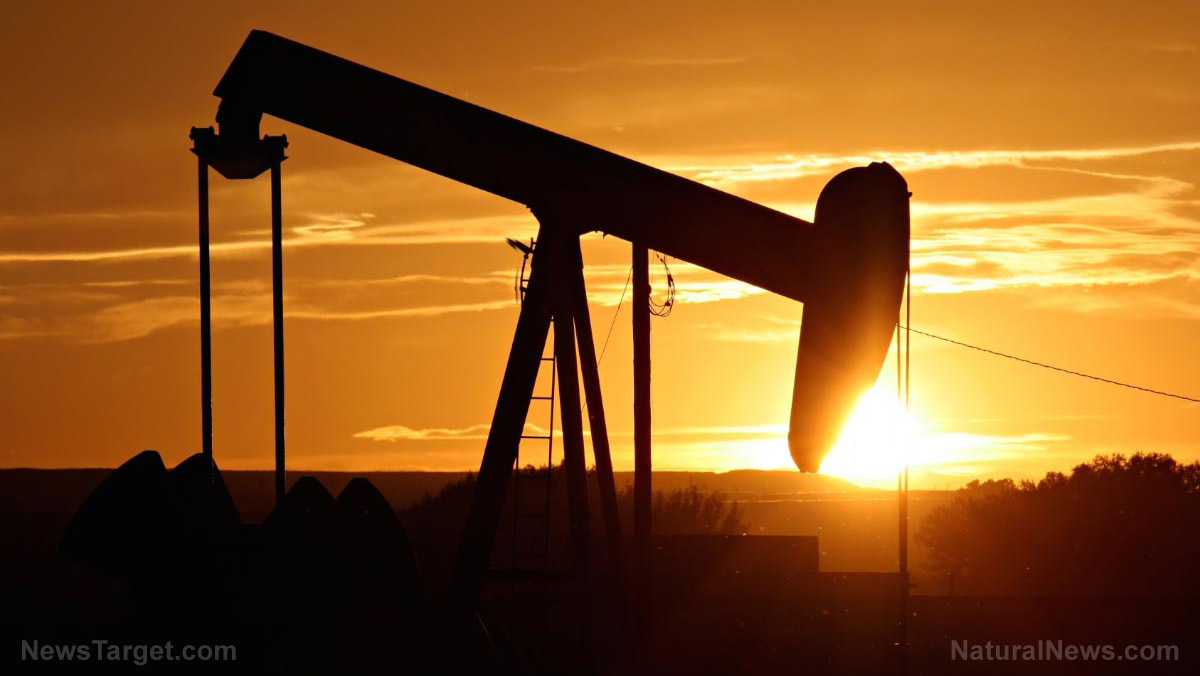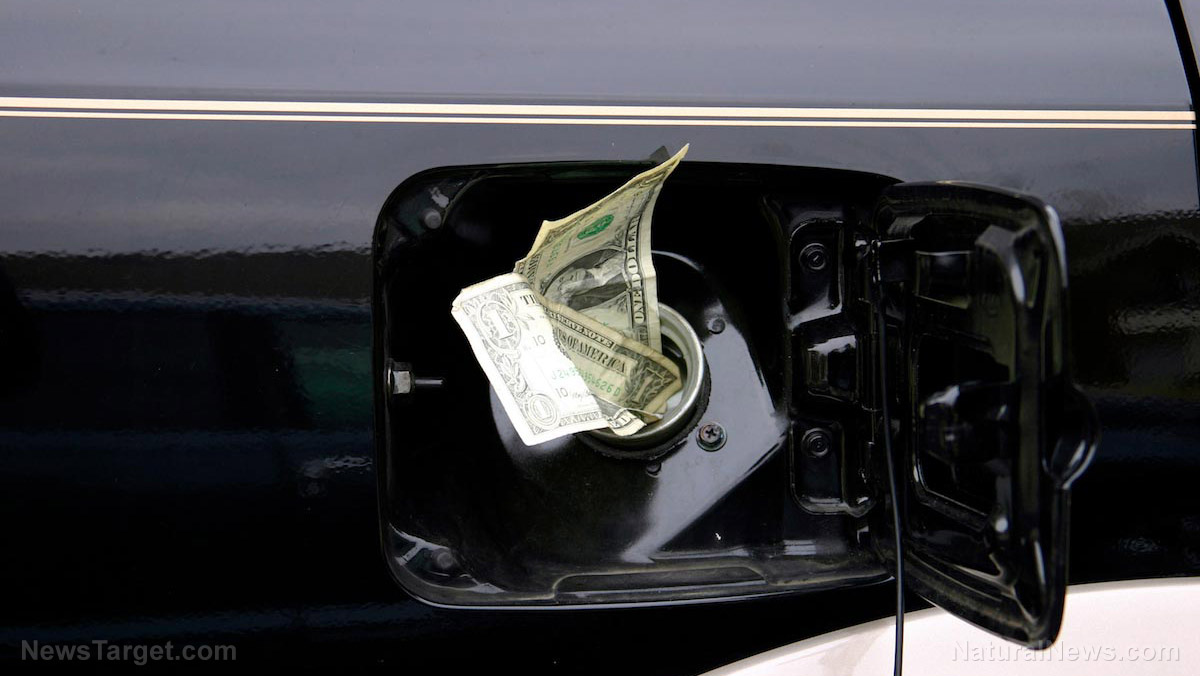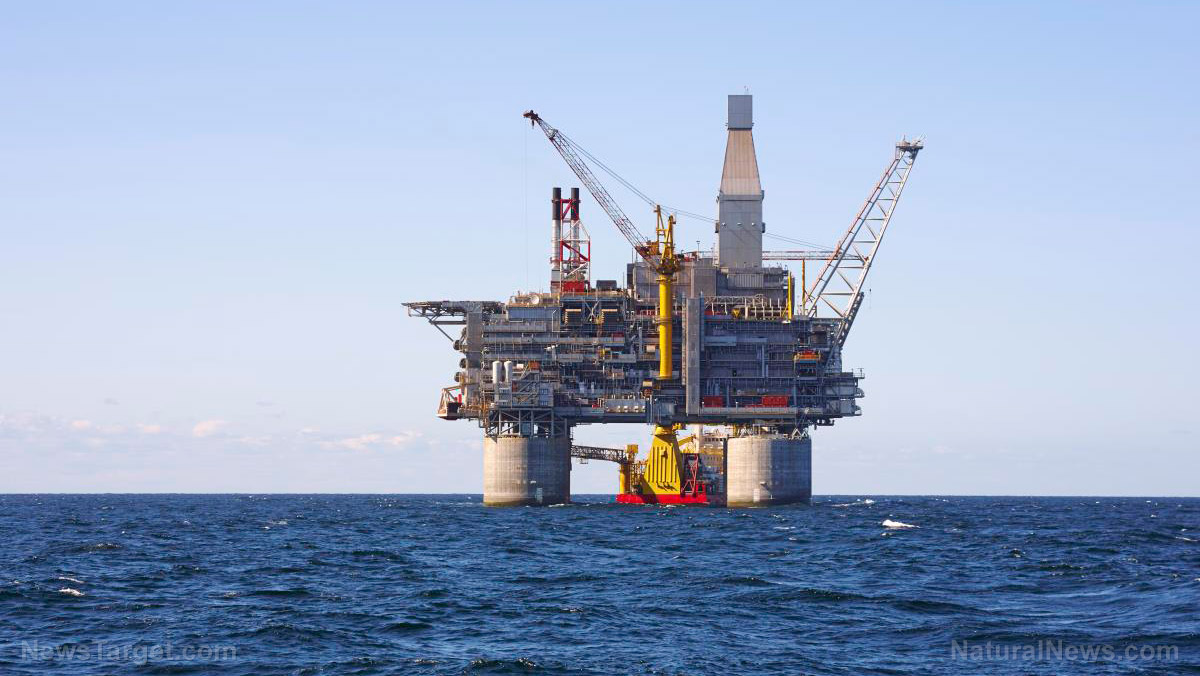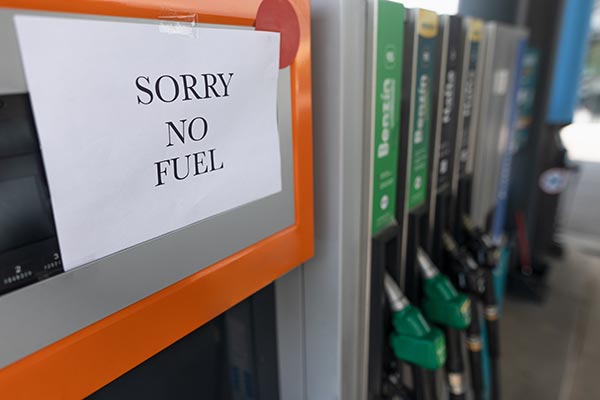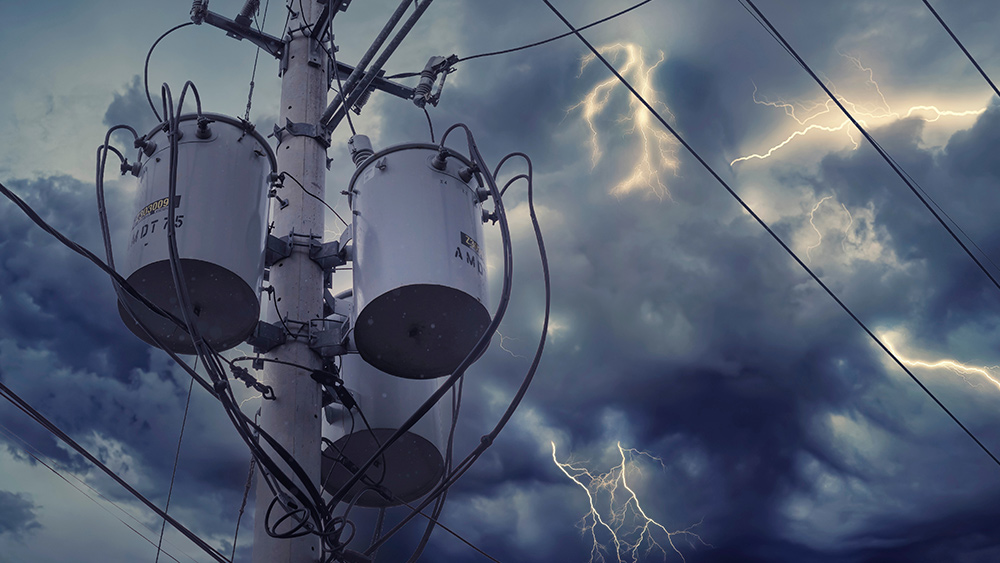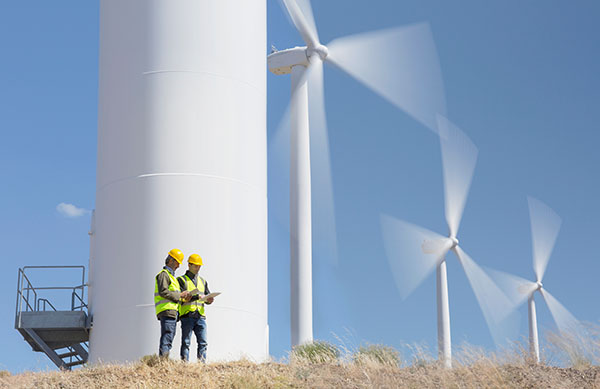Oil prices to rise above $100 a barrel this year due to lack of investment in energy production capacity
02/07/2023 / By Arsenio Toledo
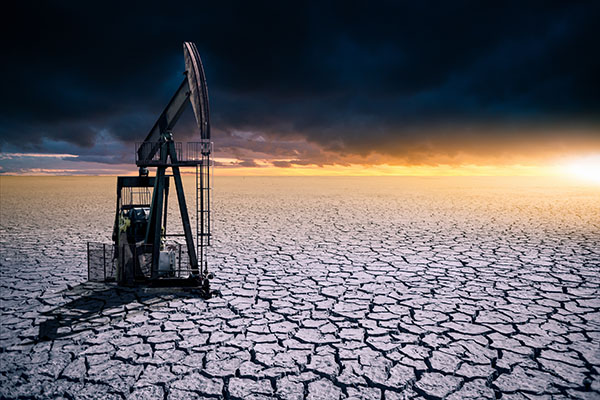
The price of oil will rise back above $100 a barrel this year, and will continue rising in 2024 due to serious supply problems as spare production capacity runs out.
This dire warning comes from senior Goldman Sachs analyst Jeff Currie, who spoke at an event in Riyadh, Saudi Arabia. “The commodity super cycle is a sequence of price spikes, with each high higher and each low lower,” said Currie.
He warned that continued lack of spending in the oil industry, especially the necessary spending to boost production, is going to make oil companies unable to meet demand. This necessary spending includes exploration for new oil fields.
This lack of investment will be the main driver of higher prices, which the world will begin to feel by 2024. (Related: Regional emergency declared in eight states due to gasoline, diesel and jet fuel shortage.)
Oil prices have been volatile for years now, plunging to below $20 a barrel due to low demand caused by Wuhan coronavirus (COVID-19) lockdowns, before soaring to close to $130 a barrel at the beginning of Russia’s special military operation in Ukraine, which disrupted global supply that was already falling far short of global demand at the time.
Other factors that have affected the price of oil since then include the price of transporting the fuels due to refineries maxing out capacities, as well as embargoes and sanctions on oil-exporting countries like Russia.
Oil to rise to $105 a barrel later this year
Goldman Sachs predicts that the price of Brent crude will climb to $105 a barrel by the final quarter of 2023. Currently, Brent crude is trading at between $75 to $80 a barrel.
But Goldman and other investment banks warned that the price of oil will go even higher by the year’s end. Currie noted that, by May this year, the oil market will swing into a deficit of supply as demand continues to increase but is not matched by a similar increase in production. Instead, what little unused capacity global producers have, will be used up.
Currie noted that Goldman Sachs’ view is that the Organization of Petroleum Exporting Countries-Plus (OPEC+) will unwind production limits and look to raise output sometime later this year. An OPEC+ market monitoring committee just announced recommendations to keep oil output unchanged for February.
Saudi Arabia is already planning to raise prices for both its Asian, European and American consumers despite keeping oil output largely unchanged, strongly suggesting that the kingdom sees demand for oil to rise significantly this month.
“Right now, we’re still balanced to a surplus because China has still yet to fully rebound,” said Currie. But, when demand outstrips supply by May, the situation will start to become problematic.
“Are we going to run out of spare production capacity,” he asked. “Potentially by 2024, you start to have a serious problem.”
During the conference, Minister of Energy Prince Abdulaziz bin Salman decried the lack of investment in refining capacity that is about to leave the world under-supplied. He pointed out that the Saudis have been warning about this for more than a year.
“All of those so-called sanctions, embargoes, lack of investments, they will convolute into one thing and one thing only: A lack of energy supplies of all kinds when they are most needed,” warned the prince.
Learn more about the energy situation in America and other nations at NewEnergyReport.com.
Listen to this episode of the “Health Ranger Report” with Mike Adams, the Health Ranger, discussing Saudi Arabia’s plan to end the dollar’s dominance in the global oil trade.
This video is from the Health Ranger Report channel on Brighteon.com.
More related stories:
Putin bans export of Russian oil to US and other nations that implemented a price cap.
Josh Sigurdson: Biden admin’s plan to phase out oil use is ABSOLUTE INSANITY.
Sources include:
Submit a correction >>
Tagged Under:
Abdulaziz bin Salman, Brent crude, collapse, energy, energy supply, fuel rationing, fuel supply, oil, oil industry, oil prices, oil production, oil supply, OPEC, Saudi Arabia
This article may contain statements that reflect the opinion of the author
RECENT NEWS & ARTICLES
COPYRIGHT © 2022 EnergySupply.news
All content posted on this site is protected under Free Speech. EnergySupply.news is not responsible for content written by contributing authors. The information on this site is provided for educational and entertainment purposes only. It is not intended as a substitute for professional advice of any kind. EnergySupply.news assumes no responsibility for the use or misuse of this material. All trademarks, registered trademarks and service marks mentioned on this site are the property of their respective owners.

